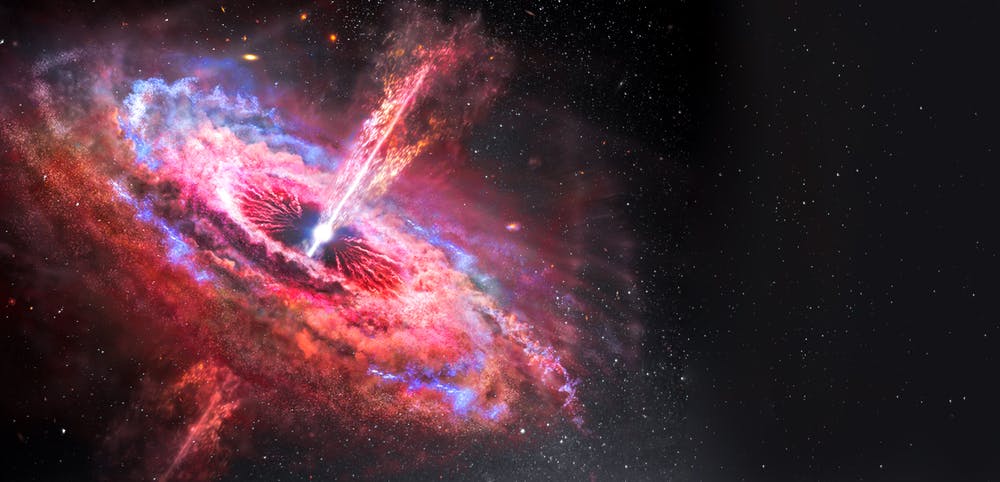A Black Hole is Spewing Out Remains of a Star
Black holes can swallow anything. Not even light can escape it. But astronomers noticed a black hole spewing out stellar remains, which fascinated them. Let’s read to find out more.
Graphical representation of a black hole swallowing a star.
Anamitra Swarupa • 15 Oct, 2022 • 6 Min
CEFR A2 (Easy)
